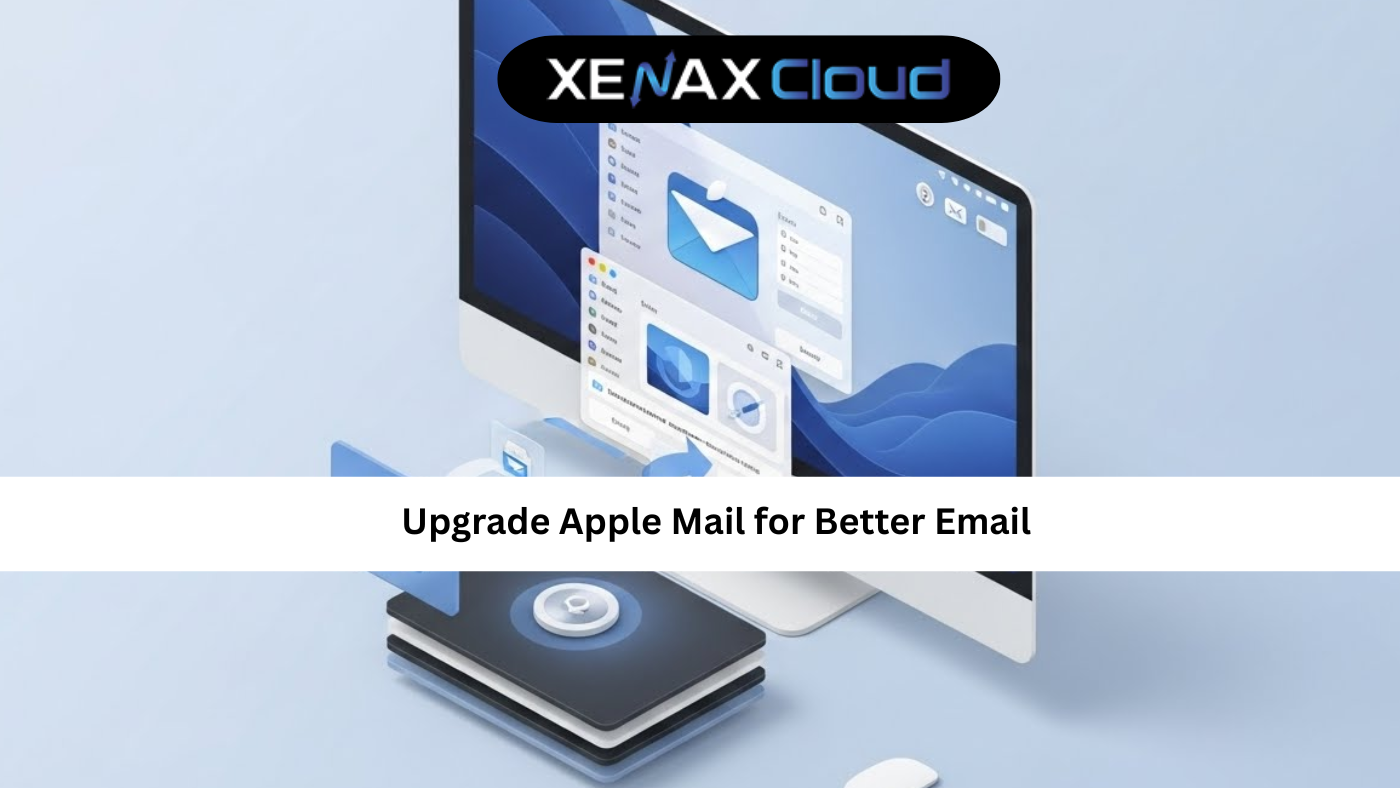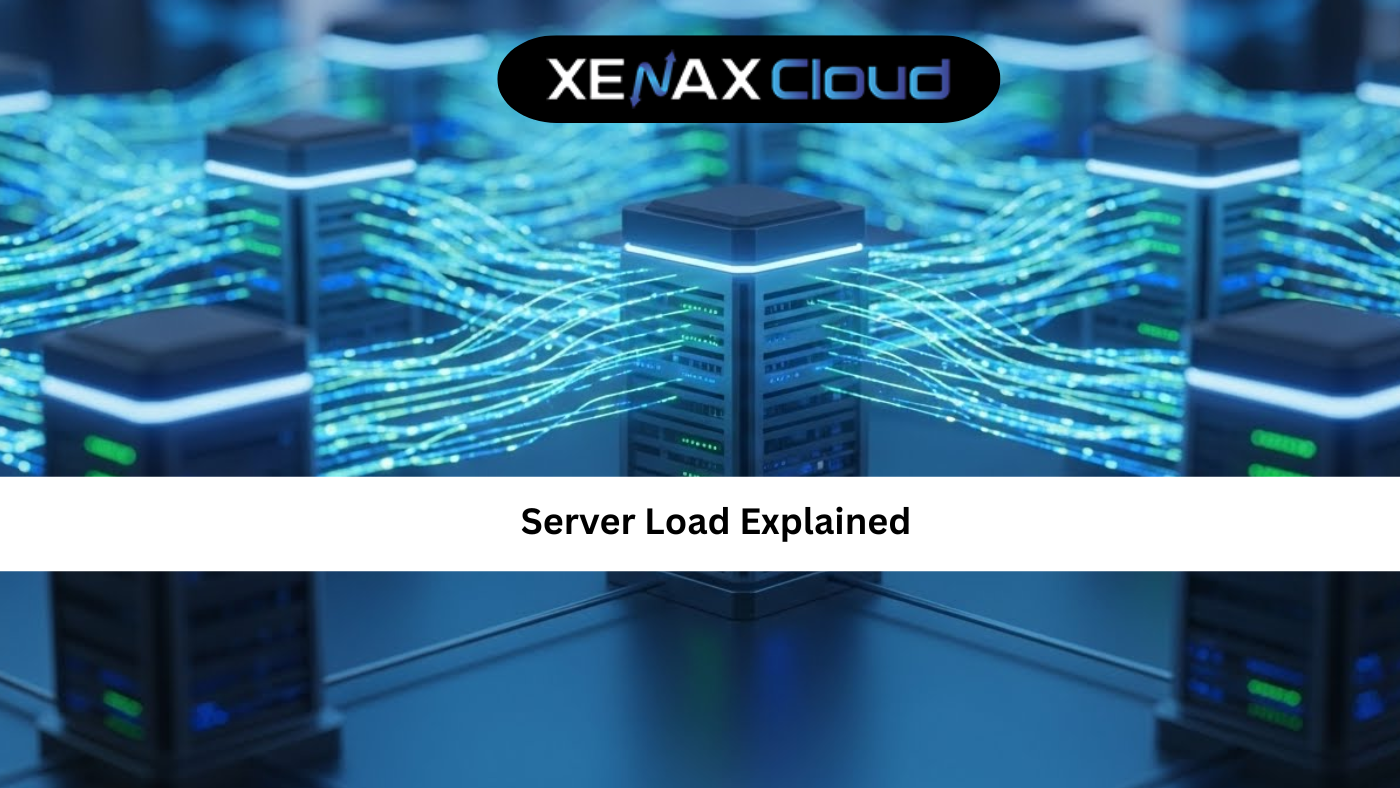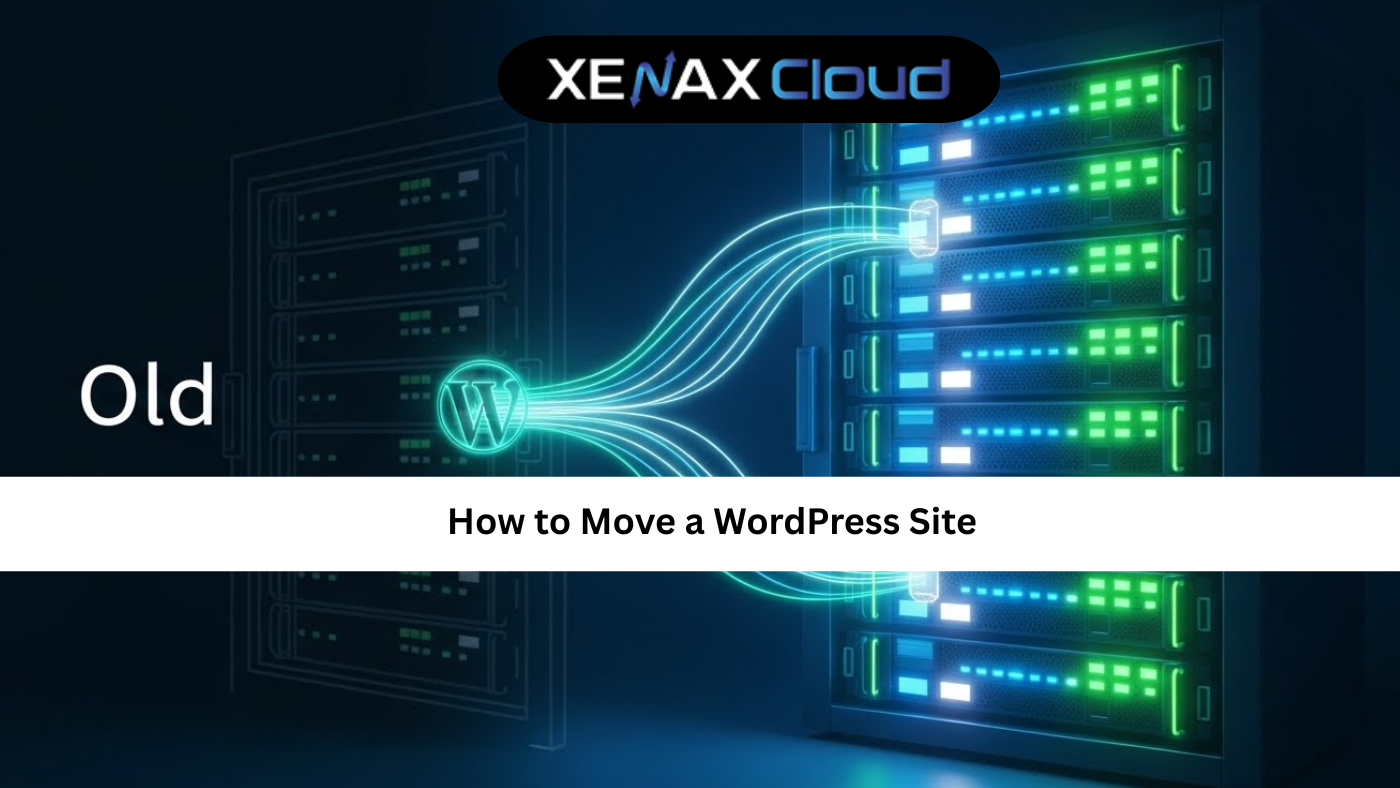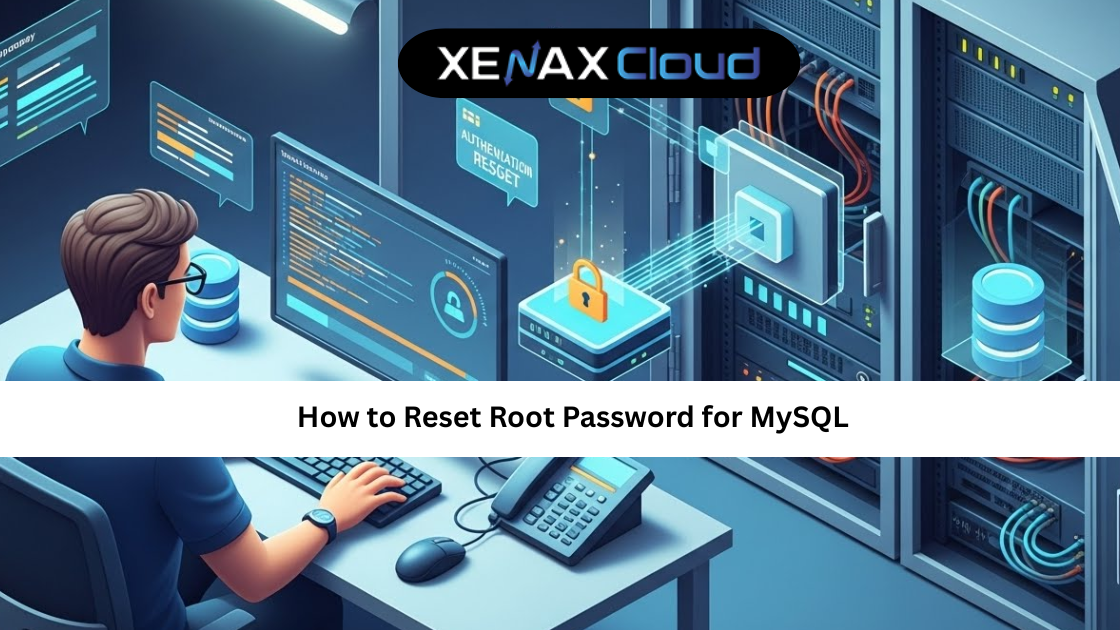Hey, Indian tech trailblazers! Whether you’re a startup founder in Bengaluru, a retailer in Mumbai, or a developer in Chennai, you’ve probably heard the buzz about cloud computing. It’s not just a tech trend—it’s a game-changer for India’s booming digital economy, where businesses are scaling fast to meet the demands of 1.4 billion users. With data localization laws like the DPDP Act and the need for low-latency services in Tier-2 and Tier-3 cities, understanding the characteristics of cloud computing is crucial for staying competitive.
Why does this matter? Cloud computing offers flexibility, cost savings, and scalability that traditional setups can’t match, making it ideal for India’s diverse market—from e-commerce to fintech. But how does it stack up against traditional data centers? And how can you leverage it effectively? In this 3000-word guide, we’ll dive into the core features of cloud computing, compare it with data centers, and show how XenaxCloud’s India-based services, like VPS and dedicated servers, can supercharge your operations. Let’s get started!
What is Cloud Computing?
Cloud computing is like renting digital infrastructure over the internet. Instead of buying physical servers, you access computing resources—storage, processing power, or apps—on-demand from a provider’s data center. It’s like renting a coworking space for your apps: flexible, scalable, and hassle-free.
For Indian businesses, this means launching a website or app without investing in hardware, perfect for startups managing tight budgets. XenaxCloud’s shared hosting and VPS plans make cloud computing accessible, even for small teams.
Key Characteristics of Cloud Computing
The characteristics of cloud computing make it a powerhouse for modern businesses. Let’s break them down:
On-Demand Self-Service
Need more storage for your e-commerce site during a Diwali sale? With cloud computing, you can provision resources instantly via a dashboard, no IT team required. This is a lifesaver for Indian retailers handling seasonal spikes.
- Why It Matters: No waiting for server setups—scale up or down in minutes.
- For Indian Businesses: Perfect for dynamic markets like Delhi or Hyderabad, where user demand fluctuates.
Broad Network Access
Cloud services are accessible over the internet from any device—laptop, phone, or tablet. Whether your team’s in Gurugram or a remote village, you can manage resources seamlessly.
- Why It Matters: Supports India’s mobile-first workforce, with 700 million+ smartphone users.
- XenaxCloud Advantage: Use Indian RDP for secure, remote access to cloud resources.
Resource Pooling
Cloud providers pool resources (CPU, storage, memory) to serve multiple clients. It’s like a shared kitchen where everyone gets their own stove but shares the gas line—efficient and cost-effective.
- Why It Matters: Lowers costs for startups on XenaxCloud’s shared hosting.
- For Indian Businesses: Ideal for SMEs in Tier-2 cities like Jaipur, where budgets are tight.
Rapid Elasticity
Scale resources up or down instantly. If your app goes viral in Mumbai, the cloud adds servers automatically; when traffic dips, you’re not stuck paying for unused capacity.
- Why It Matters: Handles India’s unpredictable traffic patterns, like festive sales or exam result days.
- XenaxCloud Advantage: VPS servers offer elastic scaling for growing apps.
Measured Service
Pay only for what you use, like an electricity bill. Cloud providers track usage (storage, bandwidth) and charge accordingly, ensuring transparency.
- Why It Matters: Budget-friendly for Indian startups testing new ideas.
- XenaxCloud Advantage: Transparent pricing on reseller hosting for client projects.
High Availability and Reliability
Cloud platforms use redundant systems across multiple locations, ensuring your app stays online even if one server fails. For Indian businesses, this means 99.9% uptime for customers nationwide.
- Why It Matters: Critical for fintech or healthcare apps where downtime costs revenue.
- XenaxCloud Advantage: Indian data centers ensure low-latency access on dedicated servers.
Cloud Computing vs Data Center: A Detailed Comparison
While cloud computing is the new kid on the block, traditional data centers remain relevant. Let’s compare them to understand which suits your Indian business.
What is a Data Center?
A data center is a physical facility housing servers, storage, and networking equipment. Think of it as your own office building—you own or lease the hardware and manage it directly.
Key Differences
- Infrastructure Ownership:
- Cloud: Resources are leased from providers like XenaxCloud, no hardware ownership.
- Data Center: You own or rent physical servers, requiring upfront investment.
- For India: Cloud is ideal for startups; data centers suit enterprises with legacy systems.
- Scalability:
- Cloud: Scales instantly via a dashboard.
- Data Center: Scaling requires buying new hardware, which can take weeks.
- For India: Cloud’s elasticity suits dynamic markets like e-commerce.
- Cost Structure:
- Cloud: Pay-as-you-go, no upfront costs.
- Data Center: High CapEx for hardware and maintenance.
- For India: Cloud saves costs for SMEs; data centers work for regulated industries like banking.
- Maintenance:
- Cloud: Provider handles updates, security, and hardware.
- Data Center: Your team manages everything, needing skilled IT staff.
- For India: Cloud frees up resources for innovation-focused startups.
- Data Sovereignty:
- Cloud: Providers like XenaxCloud offer Indian data centers for DPDP Act compliance.
- Data Center: Full control but requires local infrastructure.
- For India: Cloud ensures compliance with low-latency access for users in Tier-2 cities.
When to Choose Cloud Computing
- Startups: Launch apps quickly on shared hosting or VPS.
- E-commerce: Scale during sales without overpaying.
- Developers: Test and deploy apps with minimal setup.
When to Choose a Data Center
- Legacy Systems: For apps needing specific hardware.
- High Security: Banking or government systems requiring full control.
- XenaxCloud Option: Dedicated servers for data center-like control with cloud benefits.
Types of Cloud Computing Services
Cloud computing comes in three flavors, each suited for different needs:
Infrastructure as a Service (IaaS)
Rent virtual servers, storage, and networking. Think of it as renting the foundation of a house.
- Example: XenaxCloud’s VPS for hosting apps.
- For India: Perfect for developers building custom solutions.
Platform as a Service (PaaS)
Get a platform for developing apps without managing servers. It’s like renting a furnished apartment.
- Example: Hosting a Node.js app with pre-configured environments.
- For India: Speeds up app development for startups.
Software as a Service (SaaS)
Use software over the internet, like Google Workspace. No installation needed.
- Example: CRM tools for Indian SMEs.
- For India: Ideal for non-technical teams managing customer data.
Benefits of Cloud Computing for Indian Businesses
The characteristics of cloud computing translate into tangible benefits:
- Cost Efficiency: Pay only for usage, critical for startups in cost-sensitive markets like India.
- Scalability: Handle traffic surges, like during IPL streaming or festive sales.
- Accessibility: Manage from anywhere, supporting India’s remote workforce.
- Compliance: XenaxCloud’s Indian data centers ensure DPDP Act compliance.
- Innovation: Focus on building apps, not managing hardware.
Try XenaxCloud’s reseller hosting to offer cloud benefits to your clients.
Challenges of Cloud Computing
No technology is perfect. Here’s what to watch for:
Security Concerns
Cloud data is secure but requires proper configuration (e.g., strong passwords, encryption). XenaxCloud’s dedicated servers include security tools to mitigate risks.
Vendor Lock-In
Switching providers can be tricky due to data migration. Choose XenaxCloud for flexible plans and Indian data centers.
Internet Dependency
Cloud relies on connectivity, a challenge in rural India. XenaxCloud’s low-latency servers minimize disruptions.
Learning Curve
Cloud setups like Kubernetes require skills. Use Indian RDP for easier management.
Best Practices for Implementing Cloud Computing
To maximize cloud benefits:
Choose the Right Provider
Select a provider with Indian data centers, like XenaxCloud, for low latency and compliance.
Optimize Costs
Monitor usage with tools like CloudWatch. Use XenaxCloud’s VPS for cost-effective scaling.
Secure Your Environment
Enable firewalls, use IAM roles, and encrypt data. XenaxCloud’s servers support robust security.
Plan for Scalability
Design apps for elasticity, using containers or serverless architectures.
Backup Regularly
Use automated backups to prevent data loss, available on XenaxCloud’s dedicated servers.
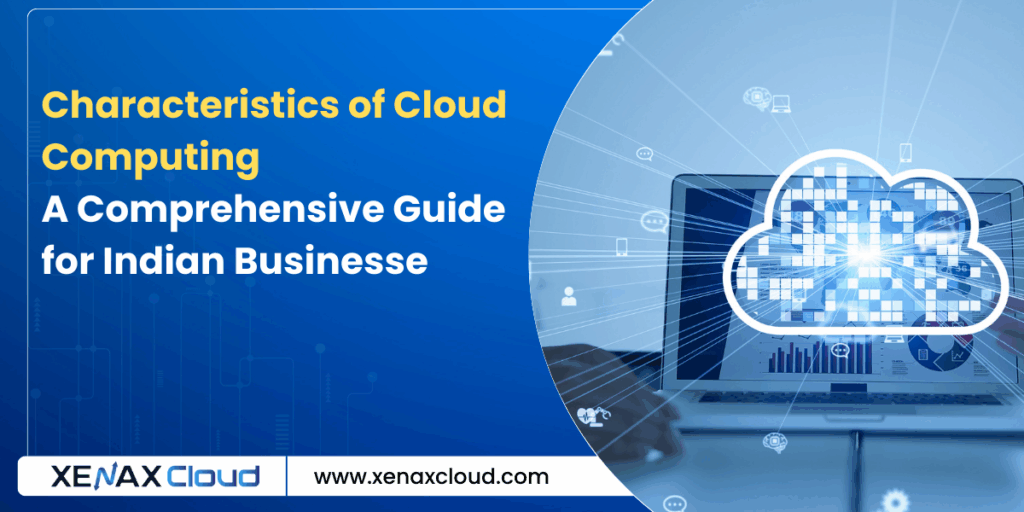
FAQs
What are the main characteristics of cloud computing?
Cloud computing features on-demand self-service, broad network access, resource pooling, rapid elasticity, and measured service, enabling Indian businesses to scale efficiently on XenaxCloud’s VPS.
How does cloud computing differ from a data center?
Cloud computing offers leased, scalable resources over the internet, while data centers involve owned hardware. XenaxCloud’s dedicated servers blend data center control with cloud flexibility.
Is cloud computing cost-effective for Indian startups?
Yes, pay-as-you-go pricing saves upfront costs. XenaxCloud’s shared hosting is ideal for startups testing apps without heavy investments.
How does cloud computing ensure data security in India?
Cloud providers like XenaxCloud use encryption and Indian data centers for DPDP Act compliance, ensuring secure hosting on VPS or dedicated servers.
Can I manage cloud resources remotely?
Yes, cloud platforms support remote access via dashboards or tools like Indian RDP, perfect for India’s distributed teams.
What type of cloud service is best for developers?
IaaS, like XenaxCloud’s VPS, offers flexibility for developers building custom apps, while PaaS suits rapid development.
Conclusion
The characteristics of cloud computing—from elasticity to cost efficiency—are transforming how Indian businesses operate. Whether you’re a startup scaling an app or an enterprise ensuring compliance, cloud computing offers unmatched flexibility compared to traditional data centers. XenaxCloud’s India-based infrastructure makes it easy to leverage these benefits, with low-latency access for users across the country.
Ready to embrace the cloud? Explore XenaxCloud’s VPS servers for scalable apps, dedicated servers for full control, or Indian RDP for easy management. Sign up now and power your business with the cloud—India’s digital future awaits! Questions? Reach out to XenaxCloud’s support team today.



